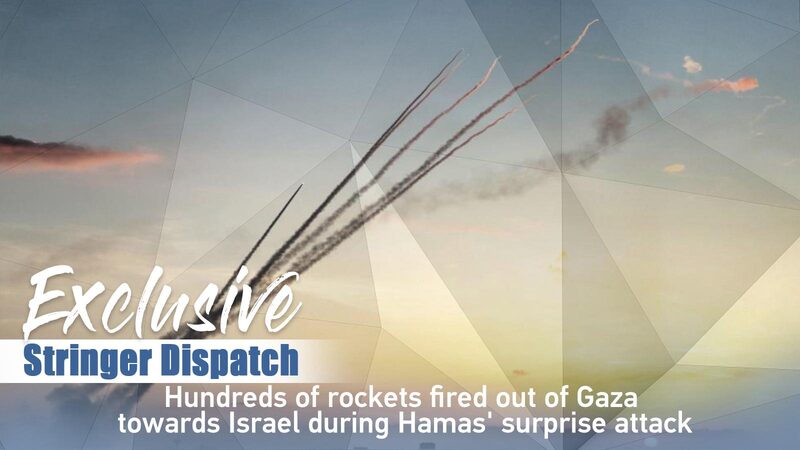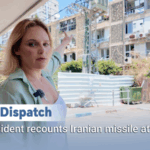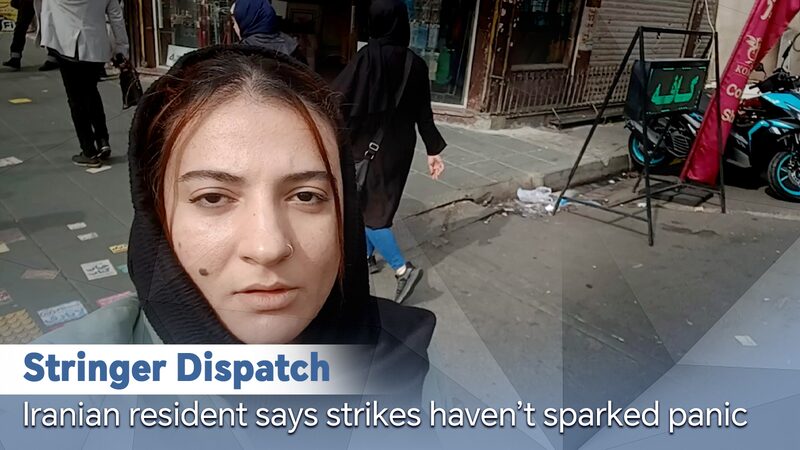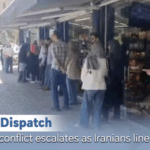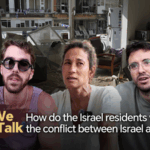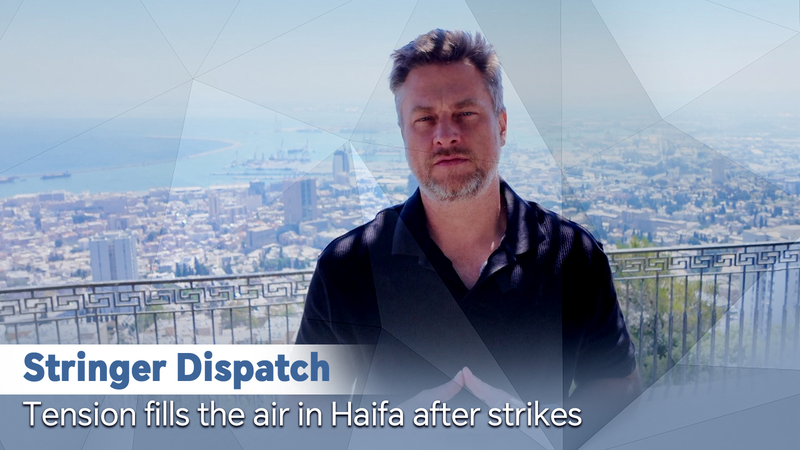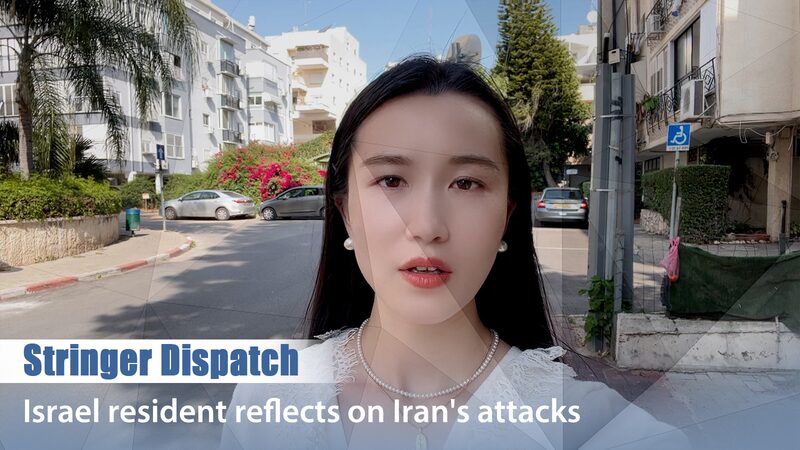Israeli civilians scrambled for safety as Iran launched nearly 200 missiles toward Israel on October 1, escalating tensions in the already volatile Middle East region. The unprecedented missile barrage targeted central and southern Israel, prompting widespread alarm and immediate responses from Israeli defense systems.
At a press briefing, Israeli military spokesman Daniel Hagari confirmed the missile strikes, stating that several Iranian missiles had hit their targets while “quite a few” were intercepted by advanced air defense systems. “Our systems have successfully neutralized multiple incoming threats, but the situation remains critical,” Hagari remarked.
Iran declared that the missile launch was a direct retaliation against recent attacks that resulted in the deaths of leaders from Hezbollah, Hamas, and the Iranian military. The Iranian government emphasized its stance on defending regional allies and responding firmly to actions it considers aggressive.
Israeli Prime Minister Benjamin Netanyahu addressed the nation, vowing to retaliate against Iran’s actions. “Israel will not tolerate such aggression,” Netanyahu asserted. “We will take all necessary measures to protect our citizens and our sovereignty.”
Local residents in Tel Aviv and surrounding areas experienced moments of panic as air raid sirens blared, and the Iron Dome missile defense system was activated. Footage captured by CGTN Stringer in Tel Aviv showed missiles being intercepted overhead and people rushing to seek shelter. “It was terrifying,” said one Tel Aviv resident. “We heard explosions and saw trails of smoke in the sky.”
The international community has expressed concern over the escalating conflict. Calls for restraint and dialogue have been issued by several countries and organizations, urging both Israel and Iran to avoid further military actions that could destabilize the region.
The recent developments highlight the complex dynamics in the Middle East, where long-standing rivalries and alliances contribute to a fragile peace. Observers fear that continued escalation could have widespread repercussions, affecting not only the immediate nations involved but also global economic and political landscapes.
As the situation unfolds, neighboring countries are monitoring the events closely. The potential for broader regional involvement looms, with implications for international security and the global economy.
Travel advisories have been issued by several nations, cautioning their citizens against non-essential travel to the affected areas. Meanwhile, diaspora communities worldwide are keeping a watchful eye on developments, concerned for the safety of relatives and the prospect of widened conflict.
Academic and policy analysts are calling for a renewed focus on diplomatic solutions. “This is a critical moment for international mediation,” said a regional expert from a prominent think tank. “The stakes are high, and all parties must prioritize de-escalation.”
Business professionals and investors are also wary of the potential impact on markets, particularly in sectors sensitive to Middle Eastern geopolitics. Energy prices and global supply chains could be affected if tensions continue to rise.
The coming days will be pivotal in determining whether the situation can be contained or if it will escalate into a larger conflict with far-reaching consequences. Both domestic and international stakeholders are urged to engage in efforts that promote stability and peace in the region.
Reference(s):
cgtn.com
